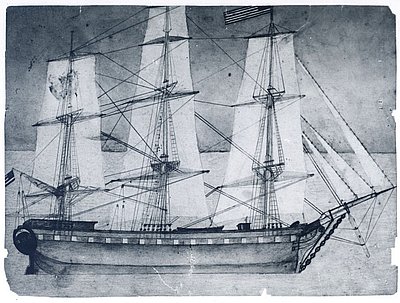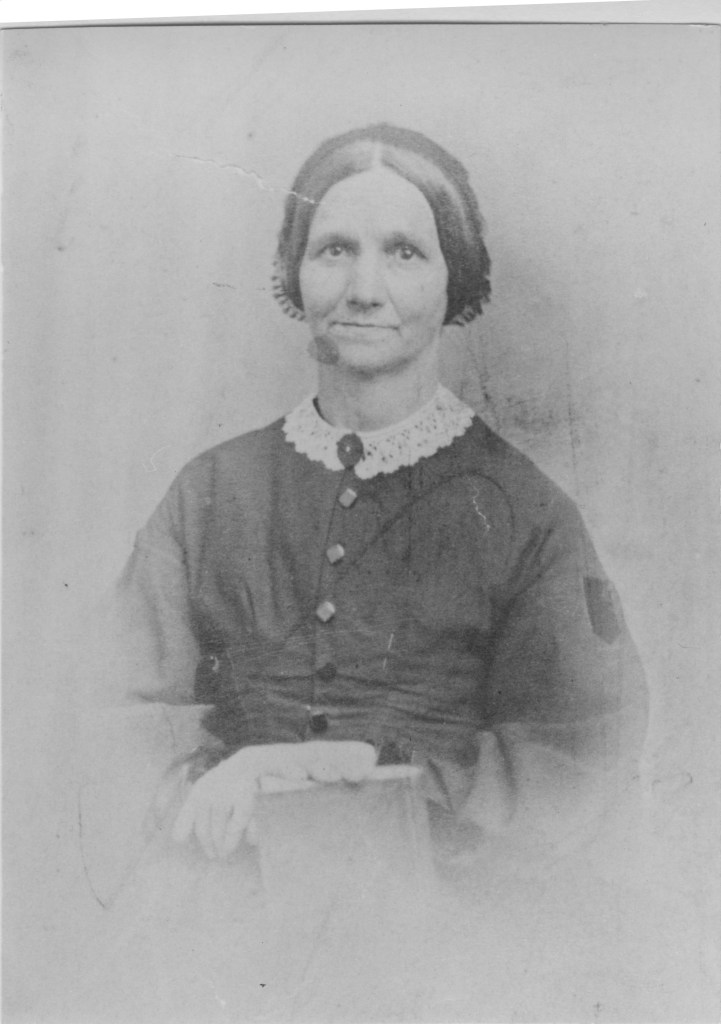
Last week I traveled from Portland to Boston enjoying the speed of 2022 travel, even though we may sometimes complain about security check lines, COVID concerns and lack of legroom. During this eleven-day journey to the Northeastern U.S., part vacation and part work, it has been impossible for me not to think about how much has changed in how we travel, or expect to travel, since my third great grandparents’ time. Along the way, I have been astounded by the proximity of markers of these great grandfolks of mine, in some cases over 200 years ago. For readers who have read my memoir My Music Man, these old stories of Chloe Clark Willson, William Holden Willson, and J.K. (Joseph Kaye) Gill show up in the chapters Heartstrings, The Falls, Champoeg, Chemeketa and Books.
Although I didn’t do this intentionally, the vividness of these past lives and their stark contrast to modern living was heightened by my beginning the book Eliza: The First Pioneers by Oregon author Tom Jiroudek upon my takeoff from PDX.
Eliza is an epic saga about the first pioneers to travel from New York to Vancouver, Washington, along the Oregon Trail. Eliza Spalding and Narcissa Whitman were the first two women to undertake this perilous journey. Eliza follows the life of early Eliza Spaulding.
Eliza: Jiroudek, Tom
Stay tuned for an upcoming blog with more specifics about that book, but suffice it to say I highly recommend it as an important story, offering a different viewpoint from what we may have read previously written by white pioneer men. My own third great grandmother Chloe also traveled to Fort Vancouver and the Oregon Country but by the sailing ship Lausanne, arriving three years after Eliza arrived via trail. My third great grandfather William arrived the same year as Eliza but aboard sailing ship, this the Diana. While Chloe’s nine-month voyage wasn’t a picnic, I dare say it was quite luxurious compared to what Eliza and her fellow travelers endured. Her journal mostly shares details about trying to be pious enough and worthy to support the Christian message, and devising singing lessons and games to occupy the children.
Chloe and William joined up with the Methodist Missionaries, led by Jason Lee, while the Spaldings and Whitmans represented Presbyterian Missionaries. Narcissa Whitman and Chloe were both teachers, sent to share Christianity teachings with Native Indians. While they may have differed in biblical interpretation, they both were challenged by their lack of understanding of Indian culture, language and so much more, although Eliza and her daughter Eliza, and Narcissa Whitman appear to have been far more invested in, accepting of and supportive of the ways of the Native Indian and Indigenous American people.
But back to my trip East. My mom was far more disciplined and studious in her studies of my dad’s family history: I have benefited from the genealogy she undertook and may never have completed weaving in My Music Man’s seven family generational stories had she not. I did not plan to investigate family history on this trip, but rather visit with my daughter in Boston, take a weekend side journey she planned to the Berkshires, and then take the train from Boston to my work conference near Washington D.C. And yet, nearly every location reminded me of my ancestor’s early lives.
During our weekend in the Berkshires we traveled near many locations wrapped into those old stories. As we passed through Springfield, Massachusetts on our return to Boston, we were a mere 15 miles from Chloe’s 1818 birthplace town of East Windsor Connecticut. Less than 10 miles in the other direction was Wilbraham where Chloe returned for several years with her three young daughters in tow after William died in Salem in 1856. It was in the house she and her daughters rented that a boarder, a student named J.K. Gill (1841-1931) heard her stories of the West. (See chapter “Books” to learn the details about Chloe and her daughters return to Salem and Willamette University and J.K.’s move to Oregon, eventually marrying Chloe and William’s daughter Frances, my second great grandmother.) My daughter Emily and I also drove through Worcester: it was here that J.K. Gill’s family emigrated from England to the U.S. in 1854, and his father worked in woolen mills. William Willson was born 90 miles north of Worcester in Charleston, New Hampshire.




Finally, yesterday as I took a train from Boston to Washington D.C., my train traveled not far from the town of Fairhaven, Massachusetts where William met Reverend David Leslie and soon after joined the voyage of the Diana to Oregon Country. Not long after, my train passed through New York City, near the harbor where Chloe, as a 21-year old single woman, joined the other Jason Lee “Reinforcement” Missionaries on the Lausanne as it sailed westward “around the horn” to Oregon.
What a whirlwind of motion and memories. And as I board that plane to return home later this week, I am certain I will once again think about sailing ships, horseback journeys, and the different times we live in today.
Learn more about My Music Man.
This is great! Start and the beginning and tell Chloe’s story. A suggestion, would not to mix it up with the now/then. Tell it straight.
Just like Eliza’s story is being told from the beginning, I am guessing?
I have researched, read many books and shared countless stories on Eliza and her daughter, but, have not read this new book.
Eliza, the daughter, wrote her own book of her life.
You could also address the stories of the “other woman”?
Just thinking you are sitting on gold, now go for it.
Ginny
>
LikeLike